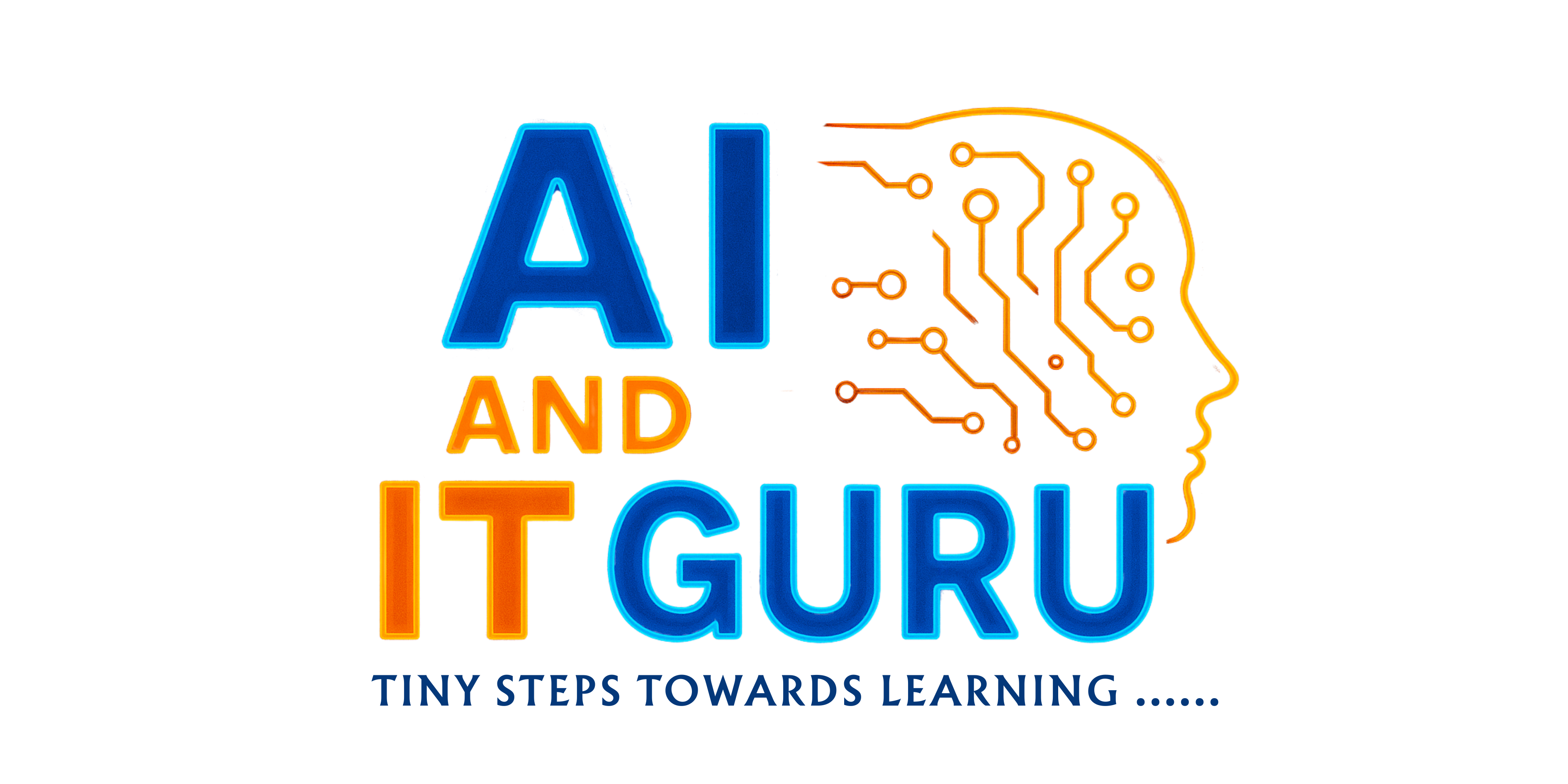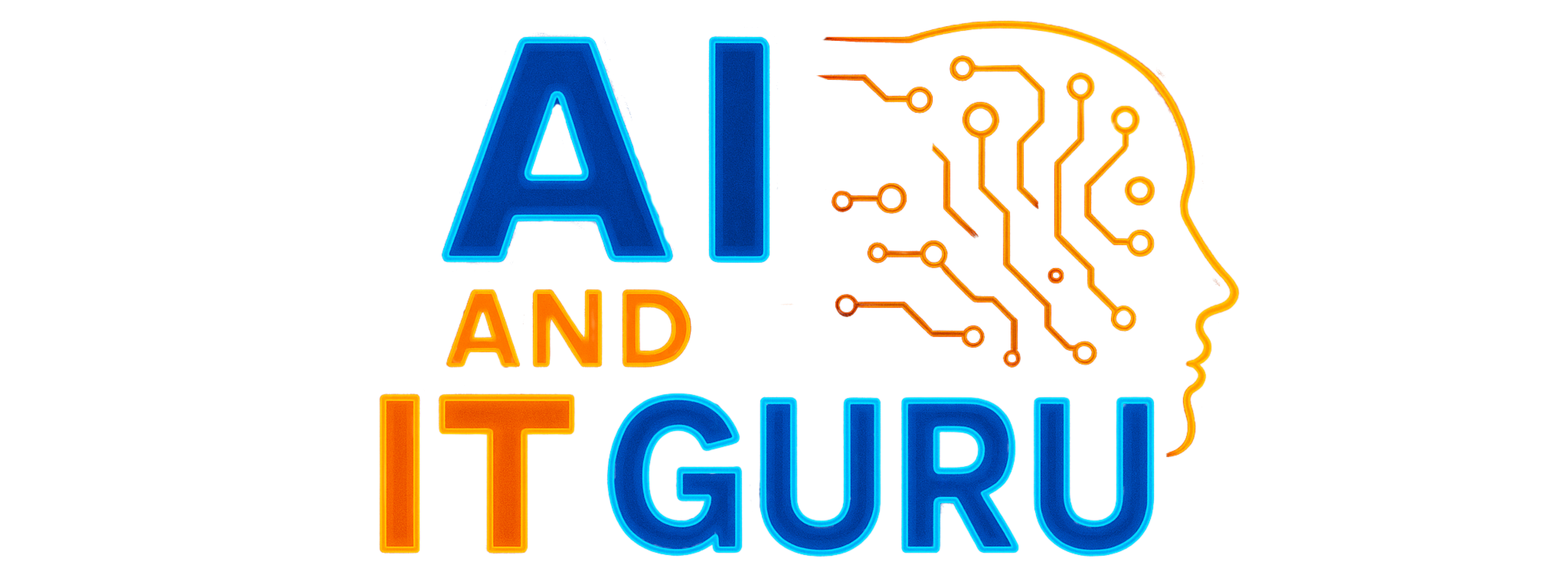
Course Description
Duration: 6 Months
Mode: Hybrid (Online + Practical Projects)
Level: Intermediate to Advanced
This course provides a comprehensive foundation in Generative Artificial Intelligence (AI) — from basic machine learning principles to building real-world AI-driven applications. Learners will explore core generative models, fine-tuning methods, ethical AI practices, and deployable solutions across text, image, audio, and multimodal domains.
Course Objectives
By the end of the course, students will be able to:
-
Understand core AI and machine learning concepts
-
Explain how different generative models function
-
Implement basic generative AI systems using Python
-
Fine-tune pre-trained models for specific applications
-
Design and build end-to-end generative AI applications
-
Evaluate generative outputs for quality and ethics
-
Stay updated with the rapidly evolving AI landscape
Course Curriculum
Month 1: Foundations of AI and Machine Learning
Week 1–2: Introduction to Artificial Intelligence
Topics:
-
History and evolution of AI
-
Types of AI: Narrow vs. General Intelligence
-
Machine Learning paradigms (Supervised, Unsupervised, Reinforcement)
-
Introduction to AI ethics: Bias, Fairness, Transparency
Practical Work:
-
Setting up Python environment
-
Implementing your first simple ML model
-
Discussion on ethical implications
Week 3–4: Deep Learning Fundamentals
Topics:
-
Neural network architectures
-
Forward & backward propagation
-
Activation, loss, and optimization functions
Practical Work:
-
Building a simple neural network from scratch
-
Training models on basic datasets (e.g., MNIST)
-
Implementing with PyTorch/TensorFlow
Month 2: Understanding Generative Models
Week 1–2: Fundamentals of Generative Models
Topics:
-
Discriminative vs. Generative modeling
-
Latent spaces and representations
-
Probability distributions in generative systems
-
Evaluation metrics for generated outputs
Practical Work:
-
Working with embeddings and visualizing latent spaces
-
Implementing basic generative techniques
Week 3–4: Early Generative Architectures
Topics:
-
Autoencoders and Variational Autoencoders (VAEs)
-
Generative Adversarial Networks (GANs)
-
Mode collapse and training challenges
Practical Work:
-
Implementing autoencoders and GANs
-
Training models on image data and troubleshooting
Assessment:
-
Quiz on fundamentals
-
Assignment: Implement and train a VAE or GAN
Month 3: Natural Language Processing (NLP) and Language Models
Week 1–2: NLP Fundamentals
Topics:
-
Text preprocessing
-
Word embeddings (Word2Vec, GloVe)
-
RNNs and LSTMs
Practical Work:
-
Text preprocessing pipeline
-
Training word embeddings
-
Building a simple language model
Week 3–4: The Transformer Revolution
Topics:
-
Attention mechanisms
-
Transformer architecture and positional encoding
-
Self-attention and multi-head attention
Practical Work:
-
Implementing attention mechanisms
-
Working with transformer blocks
-
Basic text generation
Assessment:
-
Quiz + Assignment: Implement a simple text generator
Month 4: Large Language Models (LLMs) and Applications
Week 1–2: Modern LLMs
Topics:
-
Evolution of LLMs (GPT, BERT, T5, etc.)
-
In-context and few-shot learning
-
Prompt engineering
Practical Work:
-
Using Hugging Face Transformers
-
Exploring pre-trained models
-
Prompt engineering exercises
Week 3–4: Fine-Tuning and Optimization
Topics:
-
Transfer learning and parameter-efficient tuning (LoRA, Adapters)
-
Quantization and optimization
Practical Work:
-
Fine-tuning LLMs for tasks
-
Implementing LoRA
-
Evaluating model performance
Assessment:
-
Fine-tune a pre-trained model + Project proposal
Month 5: Multimodal Generative AI
Week 1–2: Image Generation
Topics:
-
Evolution of image generation (GANs → Diffusion)
-
Diffusion models and text-to-image generation
-
Controlling generated outputs
Practical Work:
-
Using Stable Diffusion
-
Implementing basic diffusion models
-
Image prompt engineering
Week 3–4: Audio, Video, and Multimodal Generation
Topics:
-
Speech synthesis and music generation
-
Video generation
-
Multimodal architectures
Practical Work:
-
Experimenting with audio and multimodal models
-
Creating a simple multimodal application
Assessment:
-
Mid-term project: Multimodal generative application
-
Progress report on final project
Month 6: Applied Projects and Ethical AI
Week 1–2: Building Production Applications
Topics:
-
API integration
-
Deployment and cost optimization
-
Monitoring & evaluation in production
Practical Work:
-
Building a full-stack AI app
-
Deploying and optimizing models
Week 3–4: Ethics, Safety, and Future of AI
Topics:
-
Responsible AI practices
-
Bias, fairness, and safety
-
Latest research and emerging trends
Practical Work:
-
Evaluating ethical concerns
-
Implementing safety measures
Final Assessment:
-
Comprehensive exam
-
Final project presentation
-
Peer review session
Resources and Tools
-
Languages & Frameworks: Python 3.8+, PyTorch, TensorFlow/Keras
-
Platforms: Hugging Face, Google Colab, GitHub
-
Tools: Jupyter Notebooks, Stable Diffusion, API deployment tools
Grading and Evaluation
Continuous Assessment (70%)
-
Weekly quizzes – 10%
-
Monthly assignments – 30%
-
Mid-term project – 15%
-
Participation – 15%
Final Assessment (30%)
-
Final Project – 20%
-
Comprehensive Exam – 10%
Study Tips and Expectations
Time Commitment: 15–20 hours/week
-
2 hours lectures
-
8–10 hours practical
-
4–6 hours reading/self-study
Recommendations:
-
Complete all practicals
-
Form study groups
-
Build a project portfolio
-
Stay updated with latest AI research
-
Engage in discussions and peer reviews
Final Project Guidelines
Students will create a fully functional generative AI application that:
-
Addresses a real-world challenge
-
Demonstrates technical proficiency
-
Includes ethical safeguards
-
Is well-documented and reproducible
Project Components:
-
Problem statement & solution approach
-
Model architecture & implementation
-
Evaluation & results
-
Limitations & future improvements
-
GitHub repository with documentation
Student Ratings & Reviews



